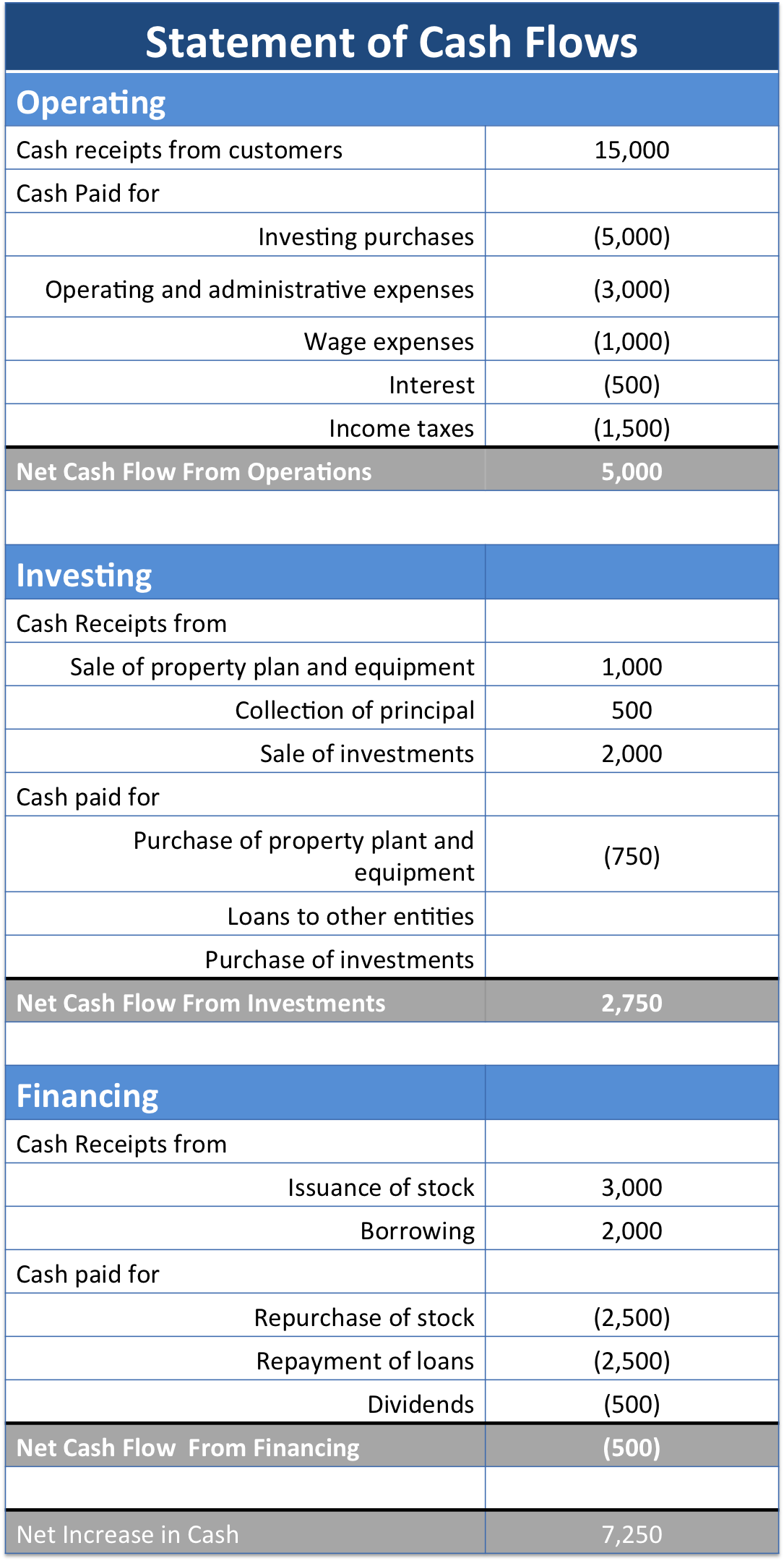
Managing business finances efficiently is like navigating a ship through stormy seas. Without a clear plan and the right tools, you could easily find yourself off course or, worse, sinking. Whether you're a seasoned entrepreneur or a new business owner, understanding how to manage your finances is crucial for sustainability and growth. Let's dive into the essentials of financial management, cash flow, budgeting, expense tracking, and profit maximization.
Understanding Financial Management
Financial management is the backbone of any successful business. It involves planning, organizing, controlling, and monitoring your financial resources to achieve your business goals. Effective financial management ensures that your business remains solvent, profitable, and capable of growth.
The Importance of Financial Management
Imagine trying to build a house without a blueprint. It's chaotic and likely to collapse. The same principle applies to financial management. Without a solid plan, your business could face financial instability. Financial management helps you make informed decisions, allocate resources effectively, and prepare for future challenges.
Mastering Cash Flow
Cash flow is the lifeblood of your business. It refers to the movement of money in and out of your business. Positive cash flow indicates that your business has more money coming in than going out, which is essential for sustainability.
Tips for Improving Cash Flow
- Invoice Promptly: Don't wait to send out invoices. The sooner you invoice, the sooner you get paid.
- Offer Discounts for Early Payments: Encourage clients to pay early by offering a small discount.
- Negotiate Payment Terms: Work with suppliers to extend payment terms, giving you more time to manage your cash flow.

Effective Budgeting Strategies
Budgeting is like a roadmap that guides your financial decisions. It helps you allocate resources, plan for future expenses, and ensure that you stay on track financially.
Creating a Budget
- Identify Your Income Sources: List all your revenue streams.
- List Your Expenses: Categorize your expenses into fixed and variable costs.
- Set Financial Goals: Determine what you want to achieve financially and allocate resources accordingly.
Tools for Budgeting
There are numerous tools available to help you with budgeting, from simple spreadsheets to sophisticated software like QuickBooks and Xero. These tools can automate many aspects of budgeting, making it easier to track your finances.
Tracking Expenses
Expense tracking is a critical component of financial management. It helps you understand where your money is going and identify areas where you can cut costs.
Best Practices for Expense Tracking
- Keep Detailed Records: Maintain accurate records of all your expenses.
- Use Expense Tracking Software: Tools like Expensify and Concur can simplify the process of tracking expenses.
- Review Regularly: Regularly review your expenses to identify trends and areas for improvement.

Maximizing Profit
Profit maximization is the ultimate goal of any business. It involves increasing revenue while minimizing costs to achieve the highest possible profit margin.
Strategies for Profit Maximization
- Increase Sales: Focus on marketing and sales strategies to boost revenue.
- Reduce Costs: Identify and eliminate unnecessary expenses.
- Improve Efficiency: Streamline your operations to reduce waste and increase productivity.
Tools for Profit Maximization
Tools like CRM software, marketing automation platforms, and financial analysis software can help you maximize your profits by providing insights into your business performance and identifying areas for improvement.
Conclusion
Managing business finances efficiently is not just about numbers; it's about creating a sustainable and profitable future for your business. By understanding financial management, mastering cash flow, budgeting effectively, tracking expenses, and maximizing profit, you can steer your business towards success.
Remember, financial management is an ongoing process. It requires continuous monitoring, adjustment, and improvement. With the right tools and strategies, you can navigate the financial waters with confidence and achieve your business goals.
FAQs
What is the difference between cash flow and profit?
- Cash flow refers to the movement of money in and out of your business, while profit is the amount of money your business earns after deducting expenses from revenue.
How often should I review my budget?
- It's recommended to review your budget at least monthly to ensure you stay on track and make necessary adjustments.
What are some common mistakes in expense tracking?
- Common mistakes include not keeping detailed records, failing to categorize expenses, and not reviewing expenses regularly.
How can I improve my cash flow?
- You can improve your cash flow by invoicing promptly, offering discounts for early payments, and negotiating payment terms with suppliers.
What tools can help me with financial management?
- Tools like QuickBooks, Xero, Expensify, and Concur can help you with various aspects of financial management, from budgeting to expense tracking.
By following this comprehensive guide, you'll be well-equipped to manage your business finances efficiently and steer your business towards success.
Posting Komentar